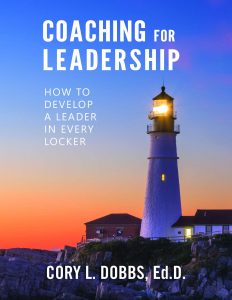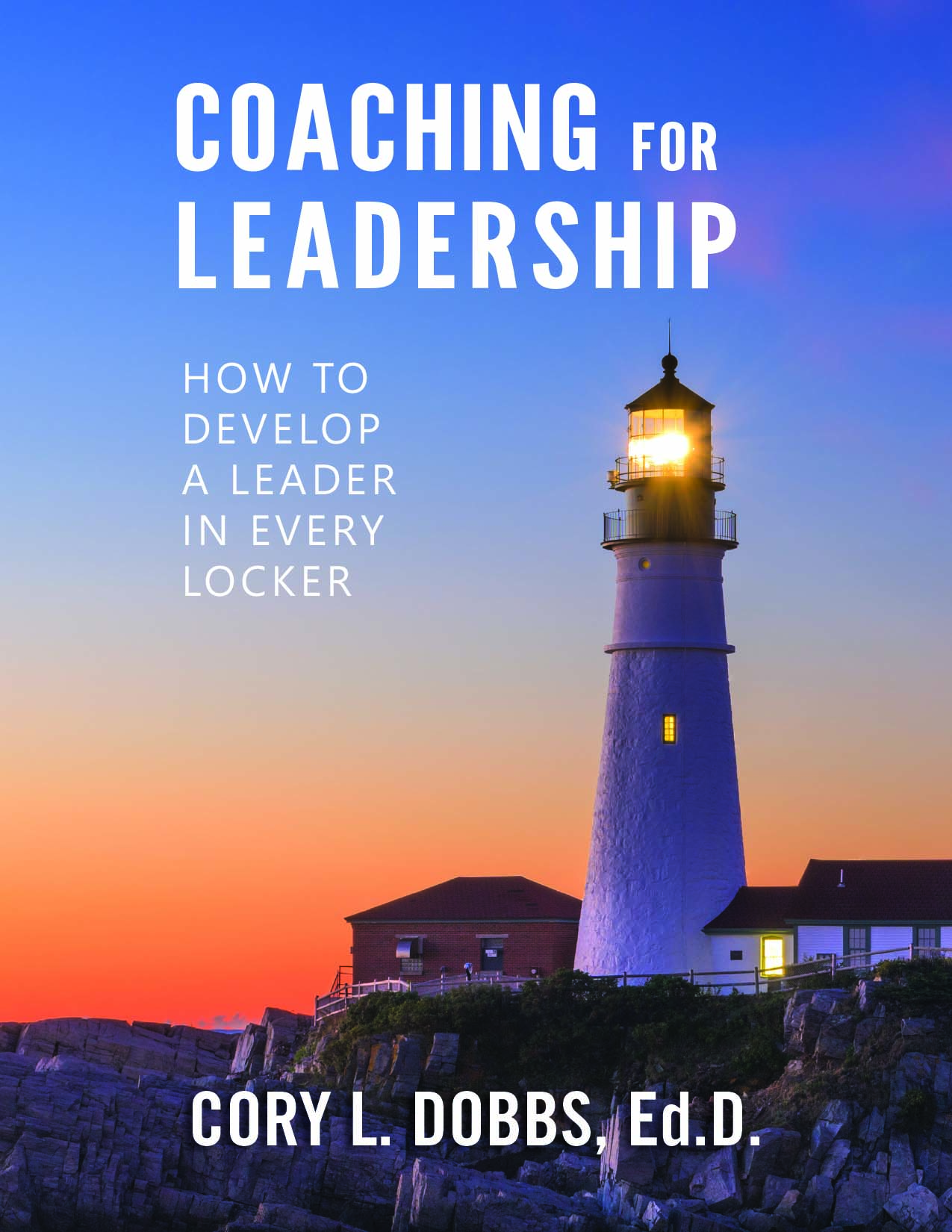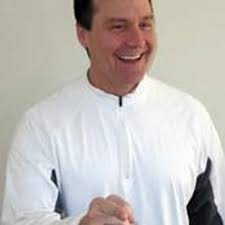Ask Why Before You Ask How
Dr. Cory Dobbs
The Academy for Sport Leadership
One simple way to gain more control over your life is to ask the correct questions at the correct times. Everything that you do in your life has at least two basic parts to it. One part is the reason for you to do it and the other part is how you can do it. You must first discover whether or not you should do something and then ask yourself why you want to do it. If you determine that it is important, then you should learn the best way to complete it. Simply put, you should ask “why” questions before you ask “how” questions.
Asking “why” questions is central to determining whether what you are about to do is worth doing. In short, you are addressing the key human motivational question “Is it worth it?” Your success in leading yourself and others depends on your ability to work with the why questions. The actions you prioritize should revolve around improving and differentiating yourself thereby propelling you to success every day. Examine your choices, priorities, and dreams to help make decisions that will impact your teammates and help you achieve your goals and dreams.
This may sound like common sense. But many student-athletes aren’t yet very skilled at making optimal decisions on some of life’s key questions—whether the issue is simple or complex. However, as you mature you’ll find yourself not only desiring to make more choices but provided the opportunity to make decisions that affect you and your teammates.
All of us are constantly asking ourselves, whether it’s a trivial task or a key life decision, “Is it worth it?” Before we exert physical or intellectual energy we generally respond either impulsively or with great thought to this motivational question.
The why questions are so important because they are the first questions successful people ask to focus their actions. If you want to experience more success on a daily basis take time to thoughtfully respond to the concerns and consequences posed by the Why questions.
Answering the question “Why?” helps you by planting seeds that:
Guide you in clarify your objectives.
Push you to think of alternatives.
Challenge you to see a different perspective.
Increase your productivity.
Force you to think about the consequences of your actions.
Studies have shown that by taking as little as ten minutes each day to carefully craft your priorities and actions steps you’ll improve the likelihood of your success. Here is a process for you to use as a tool for maximizing your success every day.
Daily Leadership Action Steps
Focus on priorities. As you encounter your daily calendar your challenge is to clarify your objectives and do those things that are going to help you as a student, as an athlete, and as a team leader.
Implement something every day. Each day provides you an opportunity to produce results. What are you going to do and why? Results matter.
Reflect on what happens/results. To learn from experience you must reflect on what happens. When you detach yourself—as best possible—from an experience you are able to make better sense of daily actions, events, and incidents.
Seek feedback and support. Learning from experience requires feedback from coaches, teammates and self-generated.
Transfer learning. A skilled learner will find ways to transfer learning from one context to another. Start by looking for opportunities to use your new skills and knowledge.
New to the Second Edition of Coaching for Leadership!
We are pleased to announce a new chapter to the second edition of the best-selling Coaching for Leadership. The chapter, The Big Shift: Unlock Your Team’s Potential by Creating Player-Led Teambuilding, connects the previous edition of this book to its origin, as well as to the future of team sports.
The new chapter sets forth a practical and applicable agenda for change and improvement. The reader is introduced to seven vital elements of change; seven shifts of traditional mental models that lead to the new core principles necessary for creating a player-led team culture. Click here for more information about Coaching for Leadership
About Cory Dobbs, Ed.D.
Cory Dobbs is the founder of The Academy for Sport Leadership and a nationally recognized thought leader in the areas of leadership and team building. Cory is an accomplished researcher of human experience. Cory engages in naturalistic inquiry seeking in-depth understanding of social phenomena within their natural setting.
A college basketball coach, Cory’s coaching background includes experience at the NCAA DII, NJCAA, and high school levels of competition. After a decade of research and development Cory unleashed the groundbreaking Teamwork Intelligence program for student-athletics. Teamwork Intelligence illuminates the process of designing an elite team by using the 20 principles and concepts along with the 8 roles of a team player he’s uncovered while performing research.
Cory has worked with professional athletes, collegiate athletic programs, and high schools teaching leadership and team building as a part of the sports experience and education process. As a consultant and trainer Dr. Dobbs has worked with Fortune 500 organizations such as American Express, Honeywell, and Avnet, as well as medium and small businesses. Dr. Dobbs taught leadership and organizational change at Northern Arizona University, Ohio University, and Grand Canyon University.









